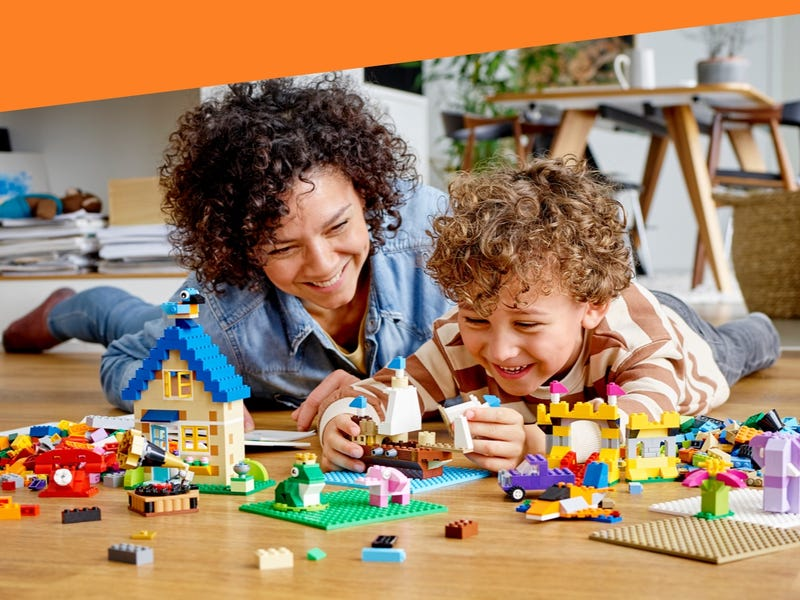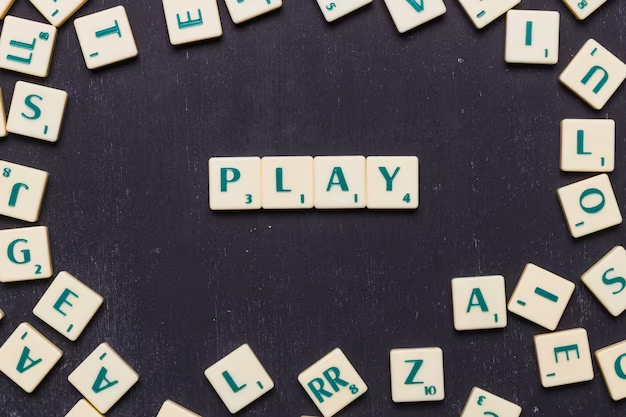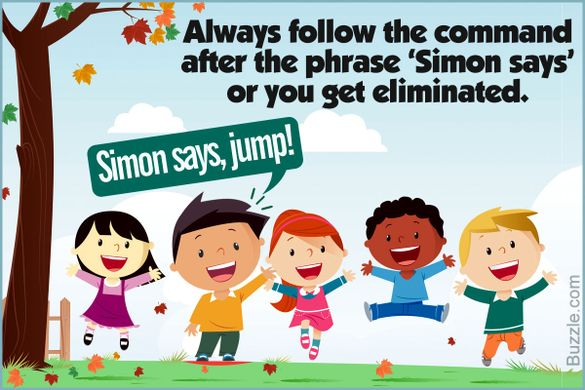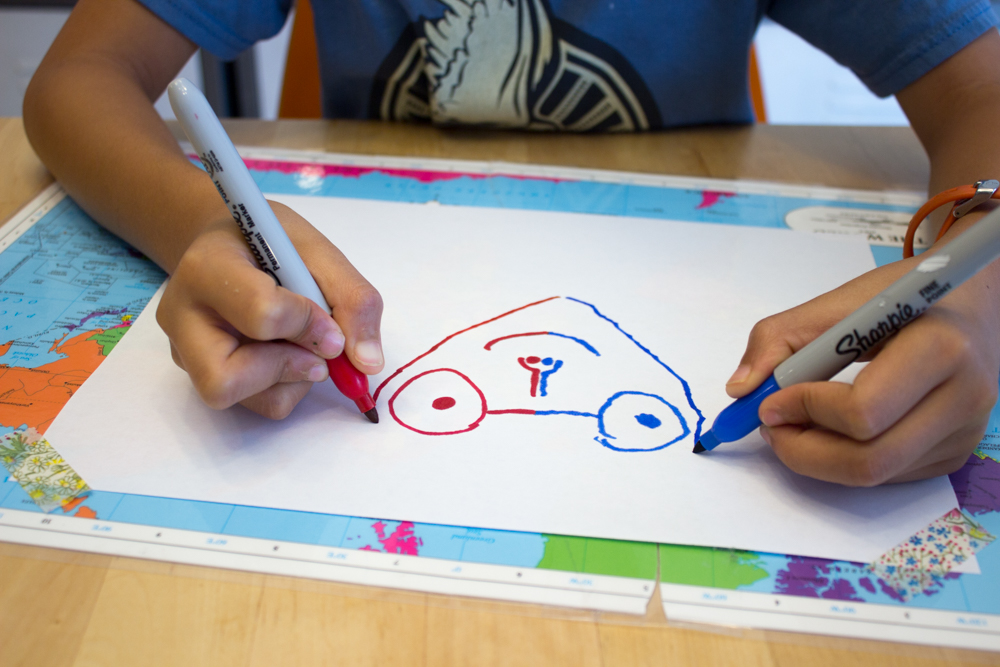Play is an essential aspect of childhood, an activity where imaginations soar, laughter flows freely, and learning happens naturally. Children’s games are not just idle pastimes; they are powerful tools for child development.
In this blog, we will get into the profound importance of play in shaping the physical, cognitive, social, and emotional aspects of a child’s life. And also, we’ll explore a treasure trove of fun and educational games that can enrich your child’s journey of growth and discovery.
The Power of Play
Play is often regarded as children’s work, and for good reason. It serves as the foundation upon which many vital skills and characteristics are built. Here are some of the key benefits of play in child development:
1. Cognitive Development
Some fun activities stimulate a child’s early brain development, fostering problem-solving abilities, creativity, and critical thinking. Whether it’s solving puzzles, constructing with building blocks, or strategizing in a board game, these activities challenge the mind and nurture cognitive growth.
2. Emotional Development
When you were a kid, you probably heard or saw kids quarrel over the outcome of a game. Essentially it is their emotions spilling out. There are many games where one person wins and other loses. Accepting defeat is not easier.
But with regular activities, children learn to express and regulate their emotions. Through imaginative play, they can explore different feelings and develop empathy, which is crucial for building healthy relationships.
3. Social Skills Development
Many games are inherently social, requiring cooperation, negotiation, and communication. Playing with peers or adults helps children develop crucial social skills, such as taking turns, sharing, and resolving conflicts.
Recommended Reading: 10 BEST MORNING ACTIVITIES FOR KIDS
4. Physical Development
Active play, like running, jumping, climbing, and dancing, promotes physical fitness and coordination. These activities are essential for developing gross and fine motor skills.
5. Language,Communication and Vocabulary Skills
Games involving storytelling, wordplay, or reading aloud enhance language development. They expand vocabulary, improve grammar, and cultivate a love for language and literature.
6. Imagination and Creativity to think
Pretend play and imaginative games allow children to create entire worlds. This fosters creativity, storytelling abilities, and the capacity to think outside the box.
7. Life Lesson Learning
Play is a powerful teacher of life lessons. Play is a hands-on classroom where lifelong lessons are not just taught but experienced, shaping character and knowing what’s right or wrong, good or bad, etc.
Recommended Reading : TOP VIDEO GAME DESIGN SUMMER CAMPS
Fun and Educational Games
Now, let’s explore some fun and educational games that can provide hours of enjoyment while simultaneously promoting growth and development in children.
1. Building with LEGO

LEGO sets come in various themes and complexity levels, suitable for different age groups. Building with LEGO bricks enhances fine motor skills, spatial awareness, and problem-solving abilities. Plus, it encourages creativity as children design their structures and stories.
2. Hide and Seek
This classic game not only generates giggles but also cultivates cognitive skills. It teaches children spatial awareness, improves reflexed, counting, and patience as they take turns hiding and seeking.
3. Hangman Word Game
Hangman is a classic word-guessing game played by two or more participants. One player thinks of a word and displays blank spaces representing each letter. It’s a fun and challenging game that tests vocabulary and deduction skills.
 4. Board Games
4. Board Games
Board games like chess, Scrabble, and Monopoly teach strategy, critical thinking, and math skills. They also offer an opportunity for family bonding and quality time.
5. Simon Says
A game that sharpens listening skills and memory, Simon Says is fantastic for boosting concentration and attention in children. Plus, it’s a lot of fun!
 6. Charades
6. Charades
Charade is pantomime that can be played either in teams or as an individual versus the rest of the participants.
When one person presents a concept without using words, others try to figure out what phrase it is. This game helps students to express and comprehend emotions through facial and body signs.
Before starting the game, jot down a few simple characters, films, books, or shows, fold the papers and put them into a hat or other container. Each round, someone takes out a paper and acts out what is on it while the others guess.
Recommended Reading: TIPS BY BILL GATES FOR KIDS
7. Dress-Up and Pretend Play
Dressing up as different characters and role-playing various scenarios fosters creativity, imagination, and empathy. Children can explore different roles, from doctors and firefighters to superheroes to actors and explorers and what not.
 8. Outdoor Scavenger Hunt
8. Outdoor Scavenger Hunt
An outdoor scavenger hunt encourages kids to explore their surroundings, enhances observation skills, and promotes teamwork. Provide them with a list of items to find or clues to follow.
9. Double Doodle Art Game
Double doodle art is a fun and relaxing activity that engages both sides of the brain simultaneously, making it a great brain exercise. Engaging in creative arts and crafts, such as painting, drawing, or making DIY projects, not only hones fine motor skills but also encourages self-expression and artistic exploration.

10. Musical Games
Activities like singing, dancing, and playing musical instruments introduce children to rhythm, melody, and teamwork. They can learn about patterns and coordination while having a blast.
Conclusion
Play is the universal language of childhood, a vital ingredient in the recipe of child development. It’s not just about having fun; it’s about learning, growing, and discovering the world. As parents, caregivers, and educators, we must recognize the profound importance of play in shaping the physical, cognitive, social, and emotional well-being of our children. Encourage play, embrace laughter, and nurture the growth of the young minds that will shape our world.
Moonpreneur is on a mission to disrupt traditional education and future-proof the next generation with holistic learning solutions. Its Innovator Program is building tomorrow’s workforce by training students in AI/ML, Robotics, Coding, IoT, and Apps, enabling entrepreneurship through experiential learning.
























